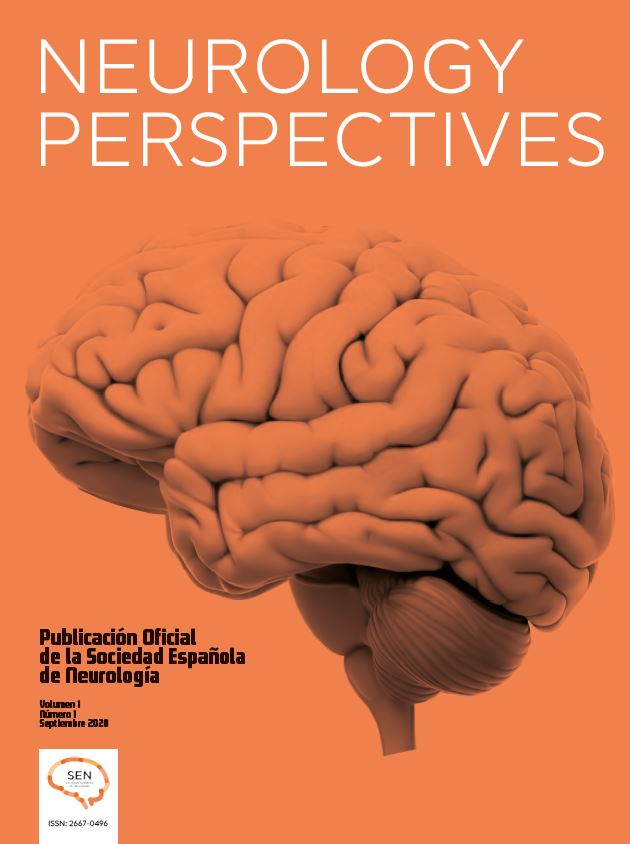COVID-19 is a respiratory disease caused by the SARS-CoV-2 virus, whose hereditary material is a single-stranded RNA of 29,903 nucleotides, with a diameter of approximately 80–120 nm; it is able to modify its morphology, which is mainly spherical.
A noteworthy characteristic of SARS-CoV-2 is that it uses its spike proteins to enter cells, adhering to type 2 pneumocytes.
The article “Monoclonal antibodies. Basic features” reports that the history of antibody development is long and that antibodies constitute a “powerful tool in laboratory diagnosis and are increasingly used in the treatment of several diseases.”1 Thus, the immune system detects the pathogenic agent through pathogen-associated molecular patterns (PAMP) using toll-like receptors (TLR), specifically TLR3 and TLR7, which have antiviral properties. Likewise, the immune response is stimulated, enabling the release of cytokines, which are in turn responsible for the activation of CD4+ and CD8+ T lymphocytes, and antibodies. Finally, phagocytosis of the infected cells is induced and the virus eliminated. But what is the role of monoclonal antibodies?
Monoclonal antibodies are proposed as an effective treatment for immunisation against COVID-19. This gave rise to the BLAZE-1 trial, a randomised phase 2/3 trial at 49 centres in the United States including 613 outpatients who tested positive for SARS-CoV-2 infection and had one or more mild to moderate symptoms. The aim of the study was to determine the effect of bamlanivimab monotherapy and bamlanivimab and etesevimab combination therapy on viral load in patients with mild to moderate COVID-19.2
In the phase 2 portion of the randomised trial, including 577 patients, researchers observed no significant difference in the change in viral load with 3 different doses of bamlanivimab monotherapy compared with placebo; treatment with a combination of bamlanivimab and etesevimab significantly decreased SARS-CoV-2 log viral load at day 11 compared with placebo.3
As we know, an antibody is a protein that adheres to another specific protein, the antigen, in order to become part of the immune system and destroy tumour cells. Similarly, monoclonal antibodies are artificial proteins that help in neutralising pathogenic agents, similar to convalescent plasma, which would protect against severe acute respiratory syndrome. Therefore, monoclonal antibodies are therapeutic mechanisms that, by binding to the viral spike protein and angiotensin-converting enzyme 2 (ACE2) receptors, impede viral invasion. For example, in the case of COVID-19, monoclonal antibodies are administered intravenously, and act similarly to the immune system.4,5
In short, COVID-19 is an infectious disease caused by the SARS-CoV-2 virus, which presents specific receptors in its lipid membrane. Therefore, monoclonal antibodies may be an alternative treatment for COVID-19, as they may prevent the virus from entering cells and continuing to replicate; their therapeutic potential remains under research, as this treatment would help to reduce the number of hospital and intensive care admissions.
Ethics approvalNot required.
Conflicts of interestThe authors have no conflicts of interest to declare.
FundingThis study has received no funding of any kind.





